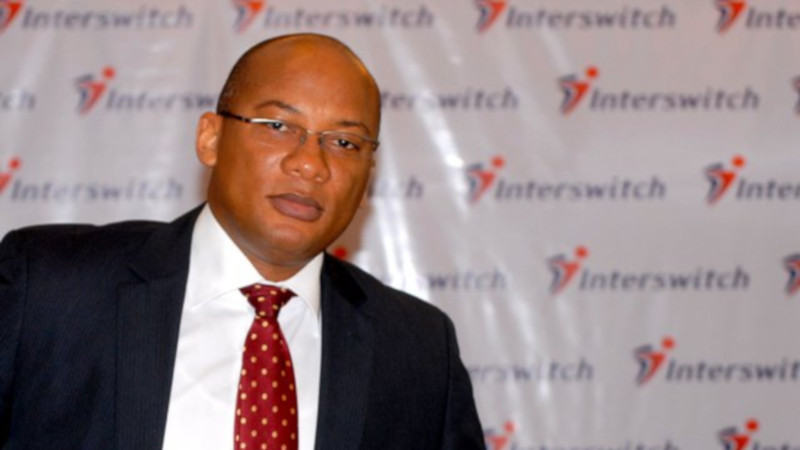AI is disrupting education. But despite what the headlines (and some ChatGPT horror stories) might suggest, South African teachers aren’t being replaced — they’re…
10 reasons why 2019 was a hot year for Africa’s tech startup scene [Opinion]
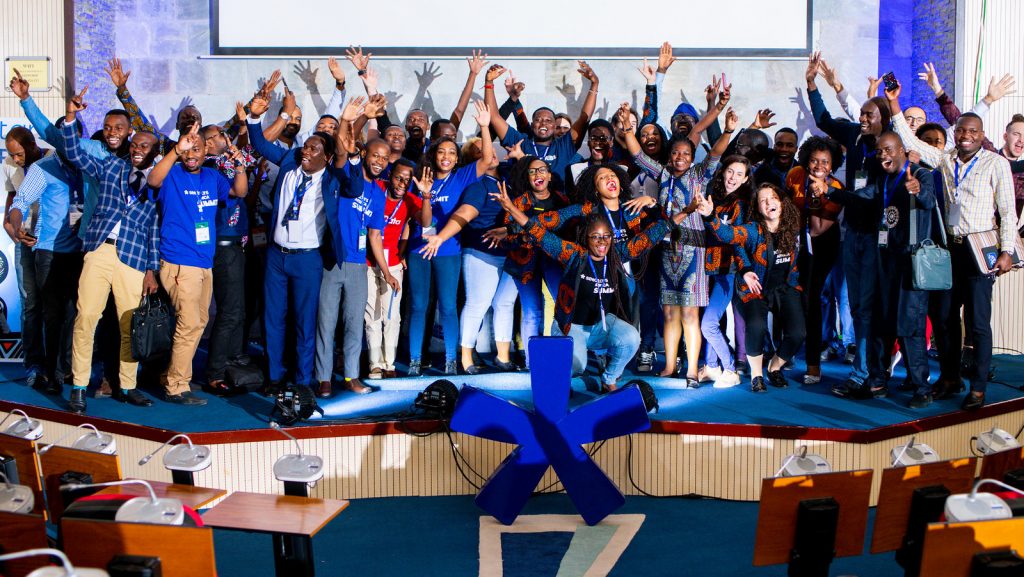
Africa’s tech startup scene is doing quite okay. Actually, it’s pretty hot right now.
Even the attack in January by terrorists on a Nairobi office park, in which 21 people died (including six members of Kenyan tech firm Cellulant), can’t keep the spirits of those in Africa’s rising tech scene down (see this story and this one).
From Jumia becoming the first tech unicorn in Africa (and the controversy around whether it’s an African startup or not) to Egypt’s tech startup scene blowing up, the tech scene has been impressive this year.
Even Alibaba founder Jack Ma is betting on the continent leading the next digital revolution, while Twitter’s Jack Dorsey says he’ll relocate to Africa for at least three months next year (see this story and this one).
Here are 10 reasons why 2019 was a hot one for Africa’s tech startup scene
While Africa’s nascent venture capital (VC) sector is growing, it’s still hobbled by a lack of seed and follow-on funding (see this story). Much work still needs to be done to grow the sector.
But there’s still a lot to celebrate. So, as we look back on 2019, here are 10 reasons why this year was a hot one for Africa’s tech startup scene.
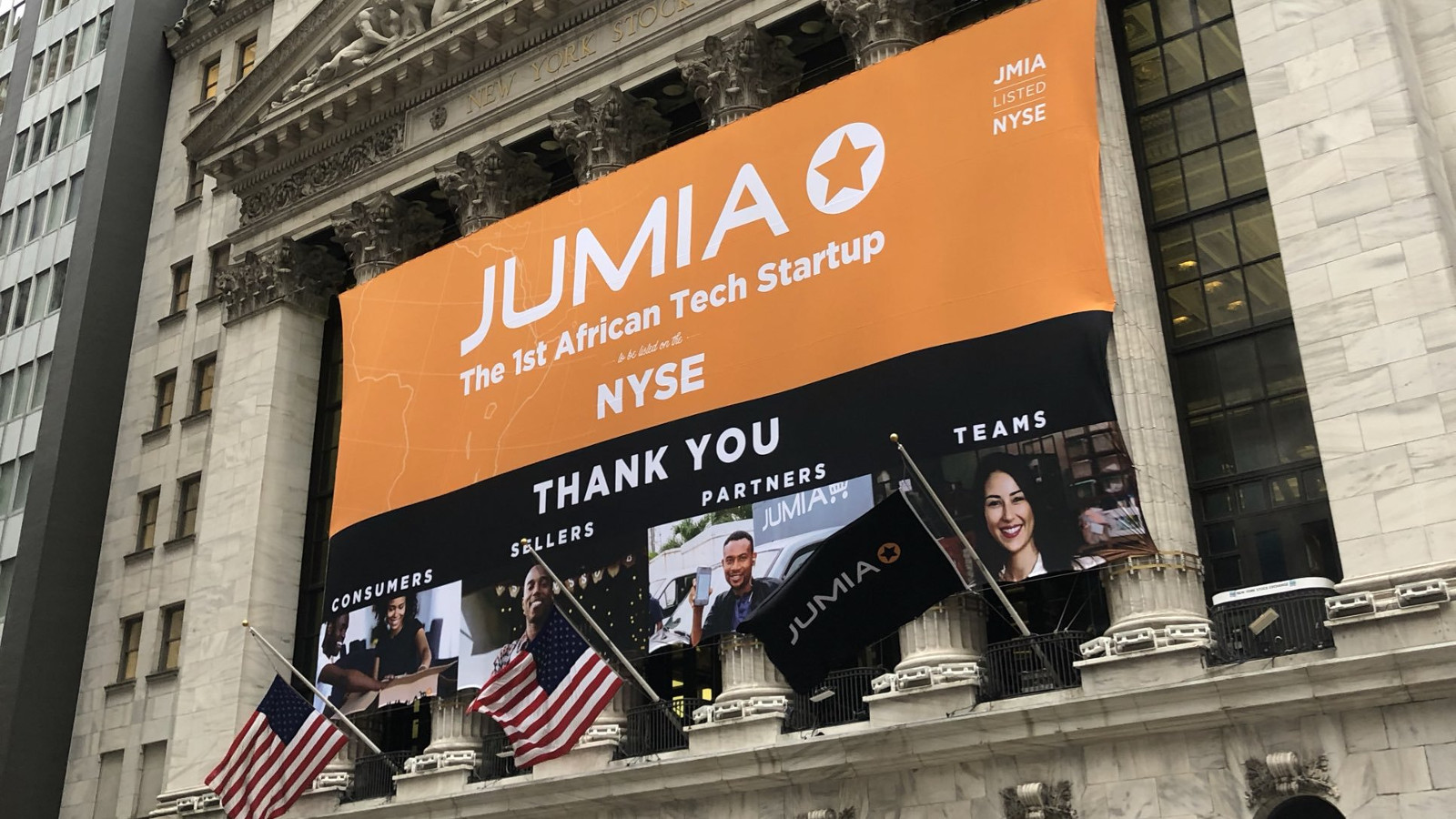
The year Jumia listed on the NYSE
African ecommerce giant Jumia raised $196-million on the first day of its initial public offering (IPO) in April at the New York Stock Exchange (NYSE) (see this story).
The firm was founded in 2012 in Nigeria by Frenchmen Jérémy Hodara and Sacha Poignonnec.
Jumia is billed as the continent’s “first tech unicorn”, which means it carries a valuation of more than $1-billion. In April it became the very first African startup to list on the NYSE.
Many in Africa celebrated the event as a historic day for African startups — as the continent’s first unicorn.
But for others the company — with its French founders and with the company having filed its initial public offering (IPO) as a German firm — it is not an African success story (see this story).
Jumia’s Poignonnec, addressing the firm’s incorporation outside Africa said in an article with Quartz in April that sometimes you need to leverage what’s outside the continent to make it happen. “It’s pretty usual,” he said.
Interswitch became Africa’s second unicorn
In November, US payments technology corporation Visa acquired a minority stake in Lagos-based digital payments firm Interswitch Group at a valuation of $1-billion, effectively making the fintech company Africa’s latest unicorn.
The Interswitch Group was founded in 2002 by Mitchell Elegbe (pictured above) and specialises in electronic payments processing and switching services in Nigeria.
The company claims as of May, that it processes over 500 million transactions a month.
In its statement in November announcing the deal, Interswitch did not mention how much Visa had paid for what it described as a “significant” minority equity stake.
Sky News reported in an article that month that Visa would acquire a 20% stake in the company for $200-million.
The transaction is subject to regulatory approvals and is expected to close by the end of the first quarter of next year.

Egypt’s startup sector blew up
Egypt’s startup scene took off this year, in a big way, and has already seen some big deals (see this story).
Egyptian startups dominated those disclosed VC deals for early-stage companies (no more than seven years old) that Ventureburn reported on this year.
In all Egyptian startups raised a quarter of the almost $290-million in 88 deals reported on by Ventureburn — or $73.3-million through 24 deals in which investment amounts were disclosed (with Swvl‘s $42-million deal accounting for the majority of this). Egyptian startups raised more from disclosed deals than did Kenyan, Nigerian or SA startups (see this story).
Commentators say the government has been actively looking to enhance the tech startup sector and has been involved in several initiatives, while the private sector has helped to, by starting an increasing number of accelerators (see this story).
In all, Egypt’s good fundamentals — such as its large population who are increasingly using smart phones and the internet and the presence of several universities in the country, has laid the foundation and helped prepare the sector for growing investment.
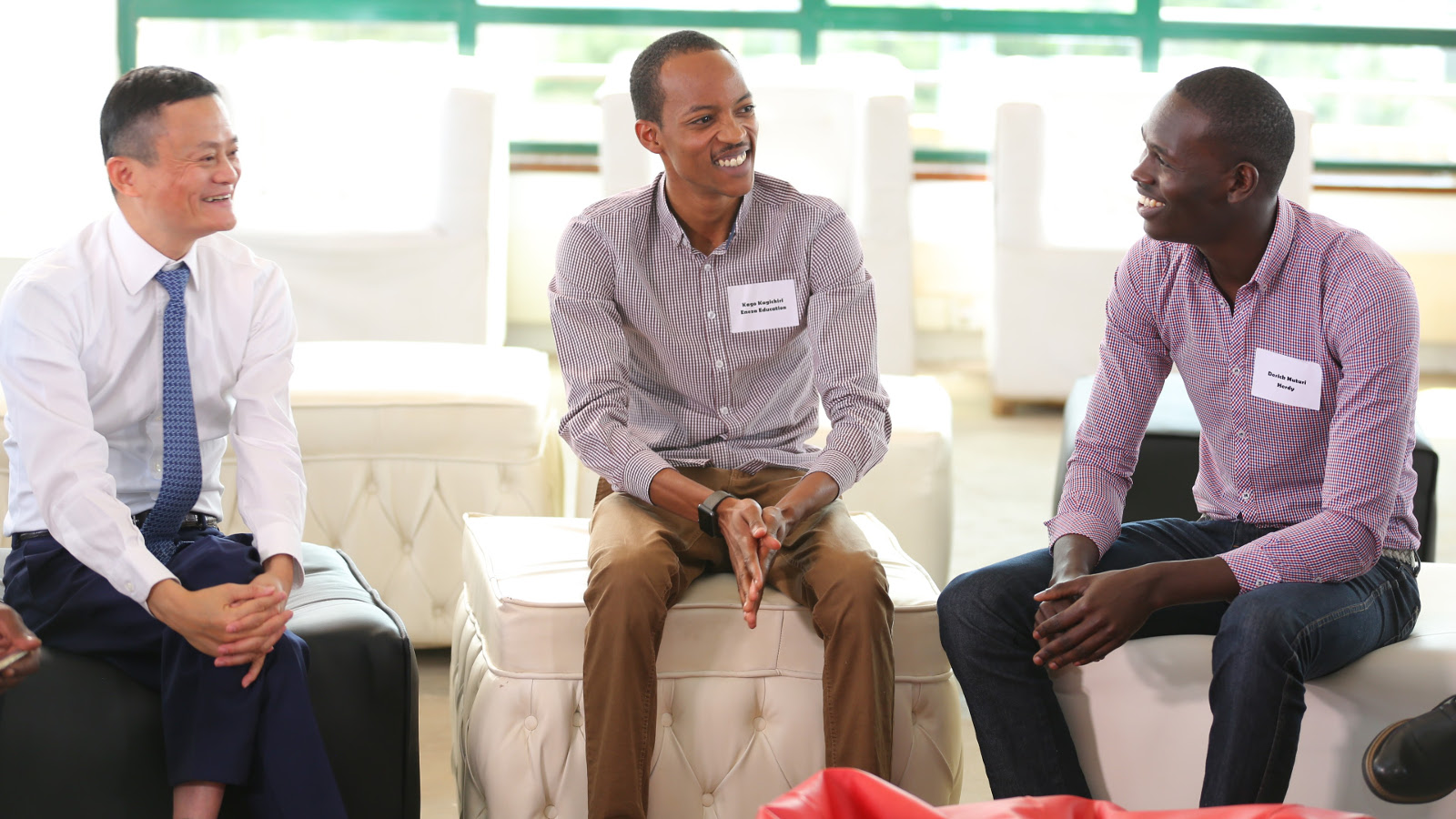
Jack Ma and Jack Dorsey love Africa
In November, LifeBank, a Nigerian healthtech startup that delivers blood and other essential medical supplies to hospitals, was awarded $250 000 after it was named the winner of the inaugural Africa Netpreneur Prize (see this story).
The prize is an initiative of Alibaba Group founder and former executive chairman Jack Ma and will award $10-million to 100 African entrepreneurs over the next 10 years. It aims to support small business growth, grassroots innovation and women founders (see this story).
As part of the initiative the Jack Ma Foundation will each year host an annual pitch competition, with 10 finalists selected from across the continent to showcase their talent and business ideas and compete for $1-million in prize money.
Ma is real optimistic and is betting on the continent leading the next digital revolution (see this story).
It’s not just Jack Ma, Twitter founder Jack Dorsey can’t get enough of the continent either. Following a recent visit to the continent (see this story), he announced on Twitter that he plans to spend three to six months living in an African country (he still must decide which one).
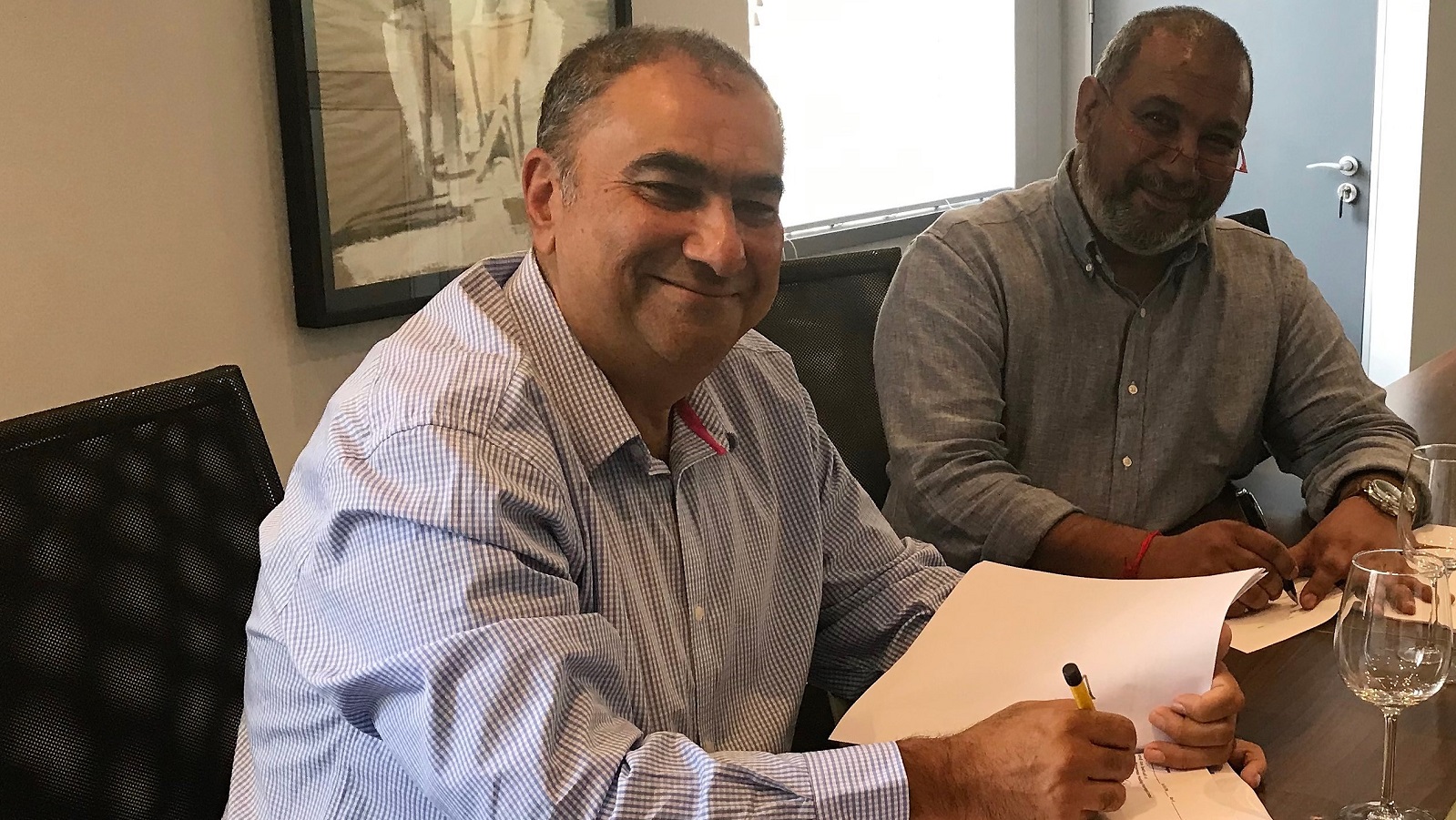
SA SME Fund muscles its way to top
As of 21 October, South Africa’s R1.4-billion SA SME Fund had approved R1-billion for investment in a number of funds that will lend to small businesses and startups, the fund’s CEO, Ketso Gordhan revealed at the time (see this story).
The fund, which draws its contributions from listed companies as well as from the Public Investment Corporation (PIC), onlends to other funds — which in turn invest in small businesses and startups.
A bullish Gordhan (pictured above earlier this year with Spartan SME Finance CEO Kumaran Padayachee) said he expects the fund to be fully invested by the end of this year.
“At the end of this year we can say that we’re one of the biggest institutional investors — all in just 18 months (since Gordhan took over as CEO in mid-2018 — Ed),” he said.
By the end of this year he expects that R1.24-billion of the R1.4-billion that has been made available to invest in funds will be full deployed in a number of funds, including two existing venture capital (VC) funds and five “newish” VC funds.
The SA SME funds plans to invest in eight tech funds (see this list).
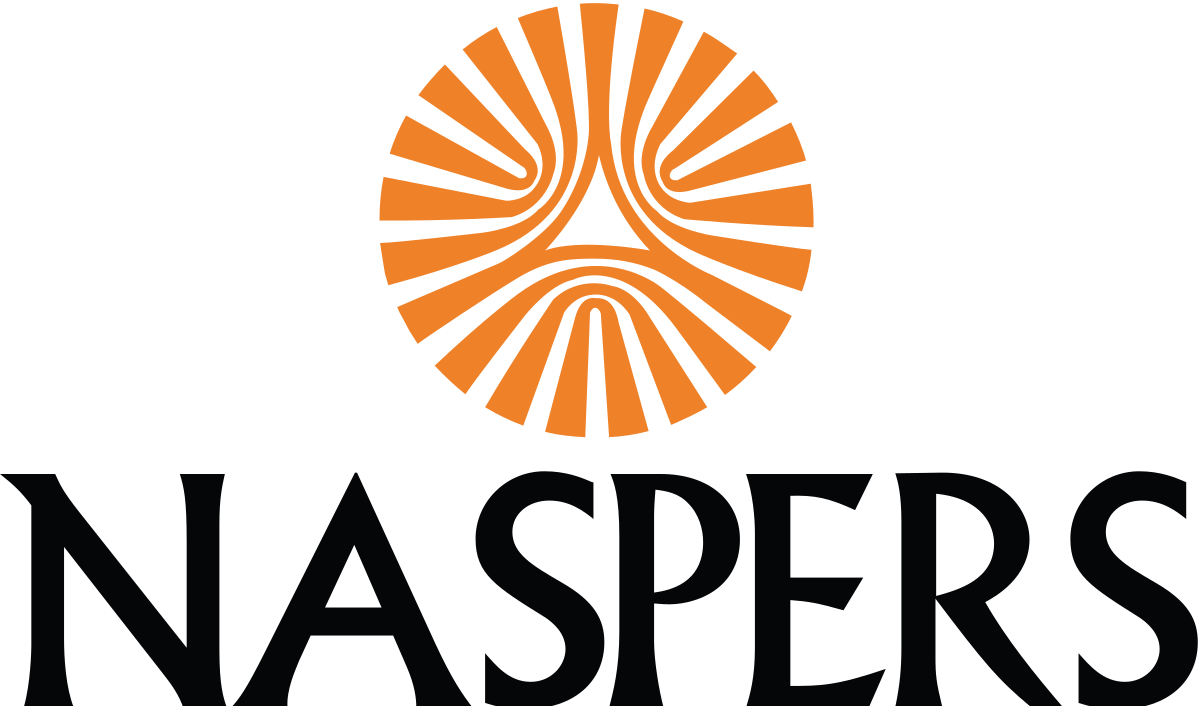
Naspers fund invests in first deal
South Africa’s biggest tech firm in June announced that its R1.4-billion venture capital (VC) fund Naspers Foundry, which is aimed at SA startups, had made its first deal — with a R30-million investment in SA startup SweepSouth (see this story). The investment formed part of a R60-million raise the startup closed four months later (see this story).
The fund was launched in October last year by Naspers and aims to invest in the SA technology sector (see this story).
The first deal was concluded shortly before Naspers listed its consumer internet business on Amsterdam’s Euronext exchange in September, under the name “Prosus“.
In November Naspers called on venture capital (VC) firms to approach the tech company to co-invest with Naspers Foundry (see this story).
Yet Naspers has invested almost $1.5-billion in three Indian tech companies in the last financial year — over three times the estimated $460-million the company has invested in South African tech sector since 2011 (see this story).
Despite this, Naspers says it remains committed to South Africa, as it will continue to own Media24, Takealot and investments by its tech fund, Naspers Foundry.

Big deals
While Africa’s venture capital (VC) sector remains small, there might be something to smile about for tech startups that operate on the continent.
While not every startup wanted to disclose how much they raised, those that did made a ton of it — almost $290-million going on data from 88 venture capital (VC) disclosed deals reported by Ventureburn in 2019 (see this story).
The figure is 63% higher than the over $178-million going on data from 48 venture capital disclosed deals reported by Ventureburn in 2018.
There were some big deals cut this year. They include Swvl ($42-million), Twiga ($30-million), Copia ($26-million) and Kobo360 ($20-million), with CEO Obi Ozor and CTO Ife Oyedele pictured above, from left to right.

A whole lot of money available
This year didn’t just see loads of big deals being cut. A whole lot of new money was also made available to tech startups on the continent.
More than 20 new VC funds that aim to invest in African tech startups were launched this year. The total capital that will be available to startup from these funds runs into hundreds of millions of dollars (see this list).
The new funds range from a €1-billion Africa fund launched by the German government in June, to Omidyar Network‘s new $300-million evergreen venture fund that will back impact fintech startups.
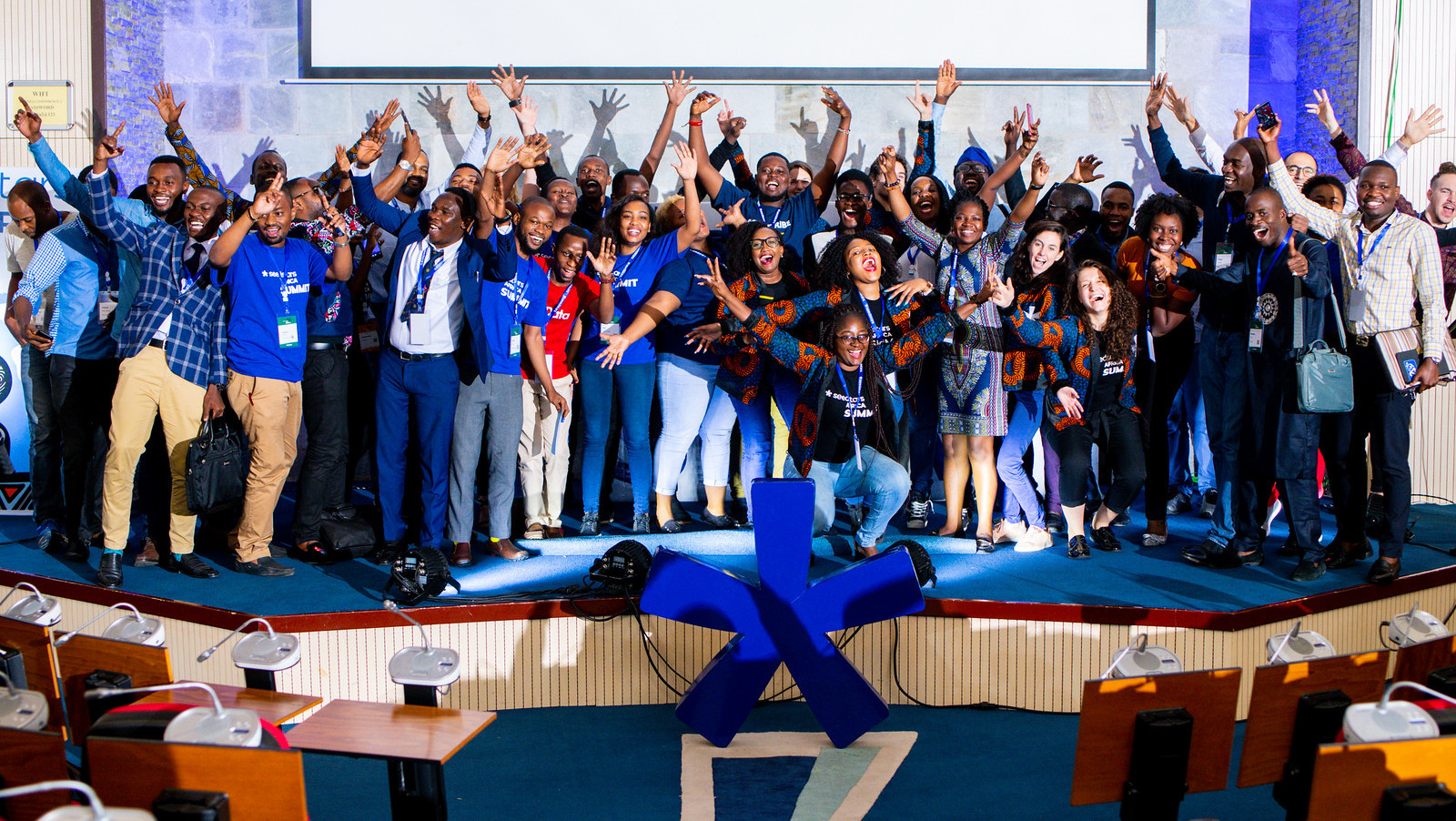
A whole lot of prizewinners
African tech startups this year tapped millions of dollars — at least over $6-million collectively, by Ventureburn’s calculations — by taking part in and winning startup competitions (see this story).
The biggest cash prize went to SA insurtech startup Pineapple, which in October won first prize and $1.5-million (R22-million) in VentureClash, a $5-million global venture challenge for early-stage companies, run by US-based Connecticut Innovations (see this story).
In addition, 11 startups were chosen by Seedstars to compete for up to $500 000 in equity investment at its annual Seedstars Summit in April next year.
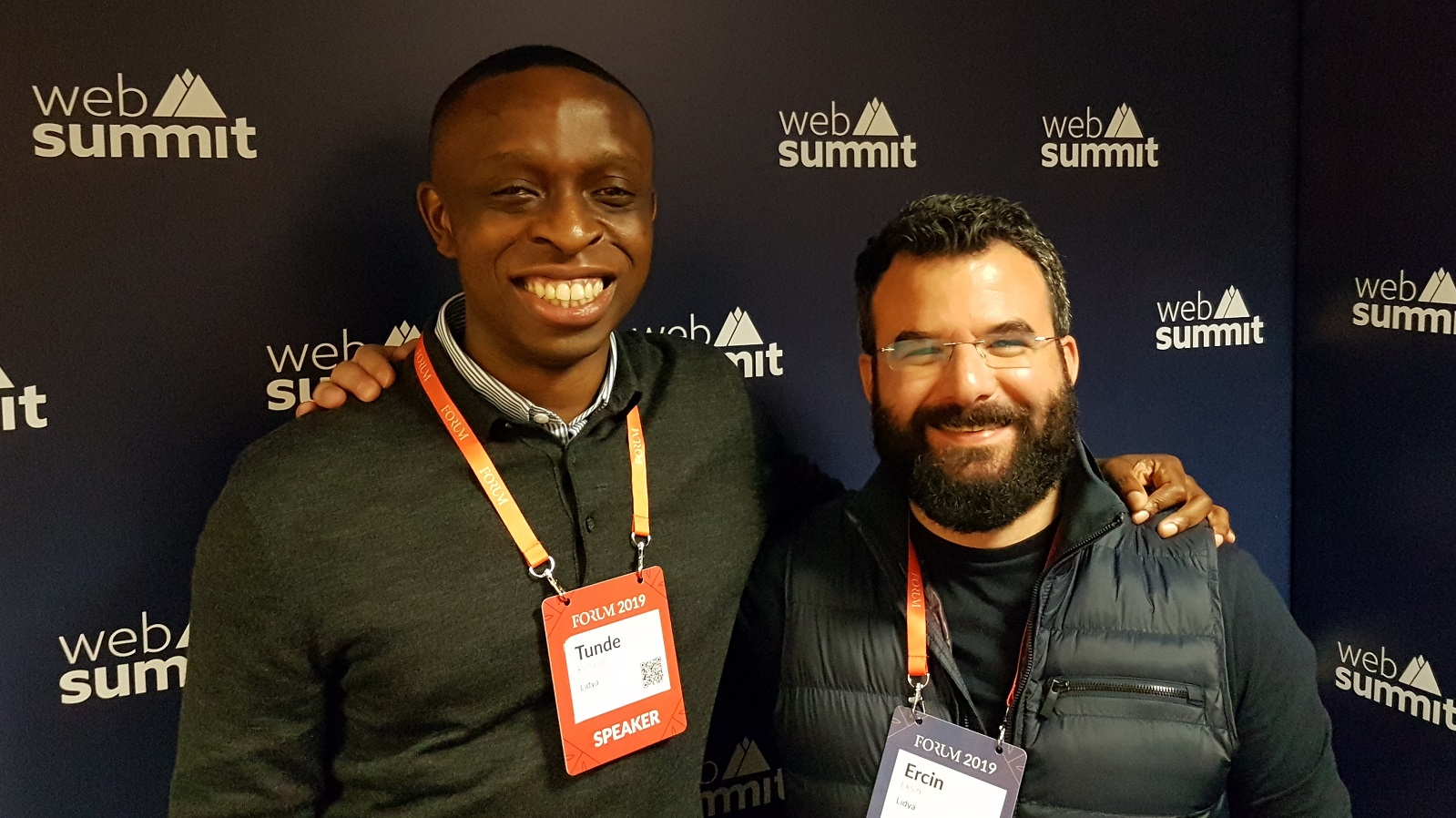
Africans are making it big outside the continent
Several African startups are breaking into the market outside of the continent.
One is Nigerian fintech startup Lidya, which is on a drive to become the world’s biggest non-bank lender to small and medium-sized enterprises (SMEs) in the world.
Things are going so well for the startup — which was founded in 2016 by London-born Kehinde and Turkish-born Ercin Eksin (pictured above, left and right, respectively) — that it now aims to launch its product in Poland and the Czech Republic by the end of this year.
In preparation for launching the service it has opened offices in Warsaw and Prague, staffed by five full-time investment professionals in the former and two in the latter (see this story).
Several other startups that are hitting big outside the continent.
There’s Andela — a New York-based startup that identifies, develops and outsources talented African software developers. Earlier this year the startup secured a $100-million Series-D funding round led by London-based private equity firm Generation Investment Management (see this story).
The company was founded in 2014 by Kenyan Brice Steven Nkengsa, Nigerians Iyinoluwa Aboyeji and Nadayar Enegesi as well as Americans Christina Sass and Jeremy Johnson and Canadian Ian Carnevale.
Last month the company launched in Egypt and signed an agreement with the country’s Information Technology Industry Development Agency (Itida) to hire 200 software engineers (see this story).
Another startup lead by Nigerians, US-based fintech startup Migo (formerly known as Mines.io) announced earlier this month that it will launch in the Brazilian market next year, after closing a $20-million Series-B round (see this story).
SA’s RapidDeploy opened headquarters in Austin, Texas earlier this year, then landed a $12-million deal. Today over 95% of their revenue is generated from US business. It’s been a hot year for the startup (see this story).
Another SA startup, Aerobotics also opened a US office, to expand its aerial-data analytics service to citrus farmer there. In February the startup landed a R29-million funding deal (see this story).
Lagos-based fintech TeamApt in March said it was working on scaling to Latin America by the third quarter of this year (it’s not clear if it has indeed expanded there yet). This, after $5.5-million (see this story).
Another African startup, JUMO, which is registered in Mauritius, already operates in Pakistan (as well as in a number of African countries).
Earlier this year, the startup which was founded by SA entrepreneur Andrew Watkins-Ball in 2014, celebrated a new milestone having helped connect over 15 million people to credit and savings in their six markets in Africa and Asia to date (see this story).
Watkins-Ball moved to the company’s new Singapore office at the beginning of last year (see this story). Now he’s close to other SA startup making waves overseas, bitcoin exchange Luno.
Then there’s Egypt’s Swvl — which connects commuters to a bus line through an app — entered Pakistan in July, according to MenaBytes in an article.
For some Swvl — which raised a whopping $42-million earlier this year (see this story) — could be Africa’s next big thing. Swedish venture capital (VC) fund Vostok New Ventures is betting on the Egyptian startup turning a revenue of $1-billion by 2023 (see this story).
*Stephen Timm is the editor of Ventureburn
Featured image: Participants at the Seedstars Summit Africa 2019 (Supplied)
